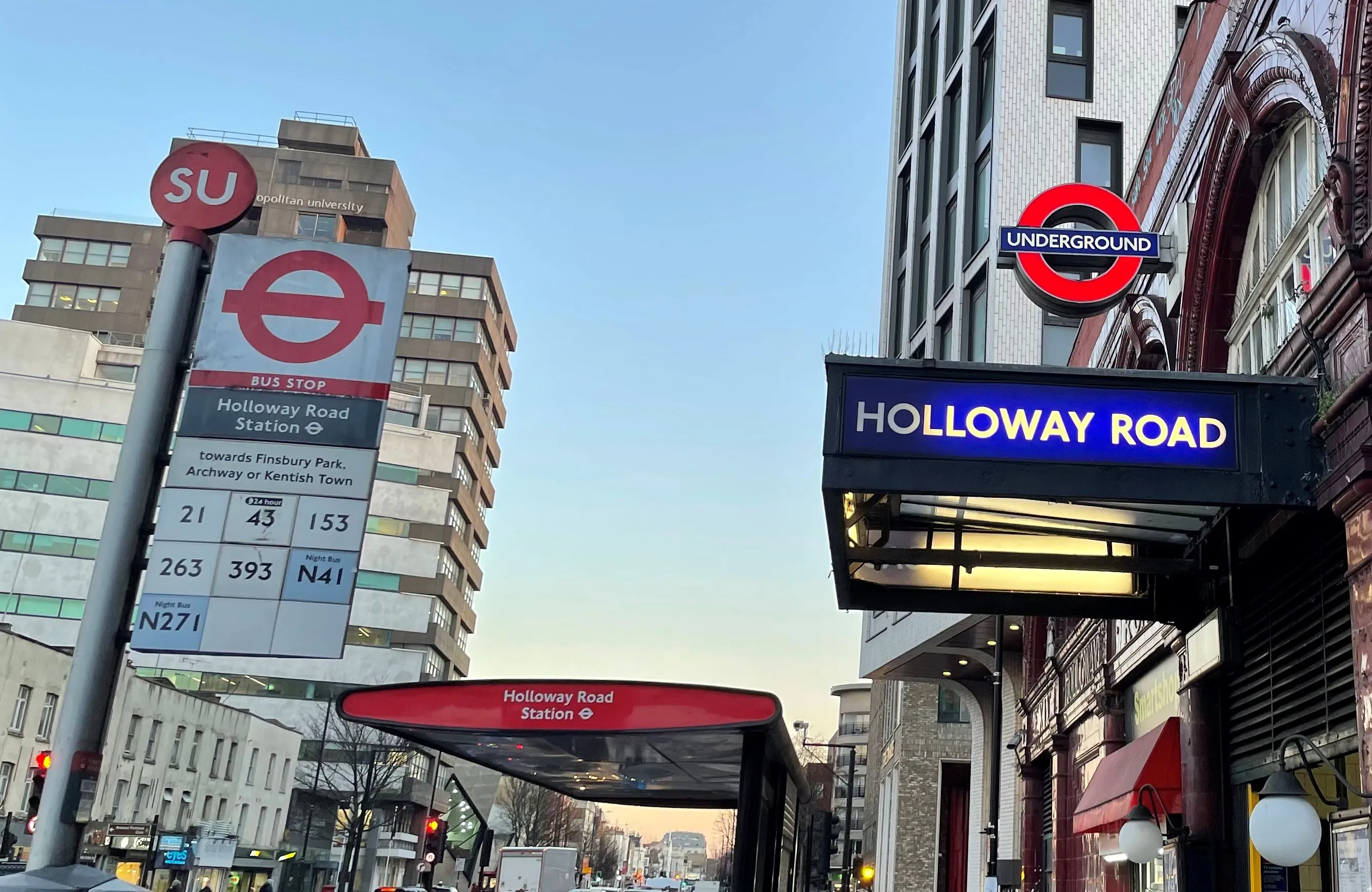Turkish railways have undergone a complete overhaul due to significant investments over the last five years. In the majority of rail projects currently under way, investment is directed towards the construction of new high-speed rail (HSR) lines, electrification, extensions and upgrading of existing infrastructure. With u$18 billion allocated for the rail sector as part of the Turkey Vision 2023 plan, the country is expected to have a total conventional rail network length of 25,940 kilometres and a HSR net
January 22, 2015
Read time: 2 mins
Turkish railways have undergone a complete overhaul due to significant investments over the last five years. In the majority of rail projects currently under way, investment is directed towards the construction of new high-speed rail (HSR) lines, electrification, extensions and upgrading of existing infrastructure. With u$18 billion allocated for the rail sector as part of the Turkey Vision 2023 plan, the country is expected to have a total conventional rail network length of 25,940 kilometres and a HSR network length of 10,000 kilometres. In addition, the plan commits to improving signalling and achieving electrification of over 4,620 kilometres.
In fact, next-generation business models are reshaping the Turkish rail sector as revealed by the latest analysis from2097 Frost & Sullivan, Strategic Analysis of the Turkish Rail Market.
“Tapping one such business model, the3896 Turkish State Railways is being restructured to primarily function as an infrastructure manager, while rail operations are spun off as a private entity,” noted Frost & Sullivan Automotive & Transportation research analyst Shyam Raman. “The separation of infrastructure and rail operations will increase the overall efficiency of the nation’s railway system.”
While these efforts are commendable, they are not enough to keep the market on a strong growth trajectory. Market participants are challenged by the lack of alternatives during line closings, which in turn create delays in the planning and implementation of refurbishment projects. Addressing this issue will also eliminate the inconvenience caused to freight operators during line closings. For instance, the market was in agreement that the Samsum-Kalin line closing created concerns among logistics providers using the line section, which connects to Samsun port and serves a significant freight volume.
“As market challenges subside, Turkey will have a completely modernised rail network by 2023,” noted Raman. “Even private rail companies will begin to operate on its network through open access policies.”
Over time, open access policies will also stimulate the market through the addition of new fleets, foreign investment, and increased international traffic. These policies will also stoke competition among existing market participants and new foreign participants.
In fact, next-generation business models are reshaping the Turkish rail sector as revealed by the latest analysis from
“Tapping one such business model, the
While these efforts are commendable, they are not enough to keep the market on a strong growth trajectory. Market participants are challenged by the lack of alternatives during line closings, which in turn create delays in the planning and implementation of refurbishment projects. Addressing this issue will also eliminate the inconvenience caused to freight operators during line closings. For instance, the market was in agreement that the Samsum-Kalin line closing created concerns among logistics providers using the line section, which connects to Samsun port and serves a significant freight volume.
“As market challenges subside, Turkey will have a completely modernised rail network by 2023,” noted Raman. “Even private rail companies will begin to operate on its network through open access policies.”
Over time, open access policies will also stimulate the market through the addition of new fleets, foreign investment, and increased international traffic. These policies will also stoke competition among existing market participants and new foreign participants.









